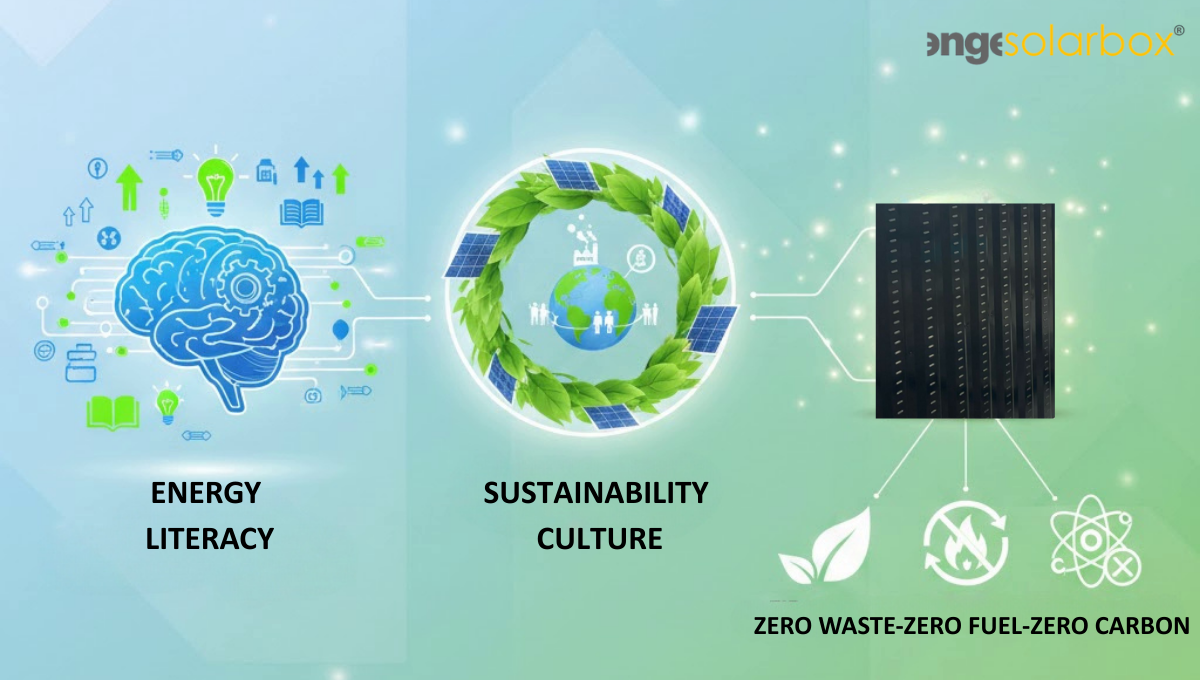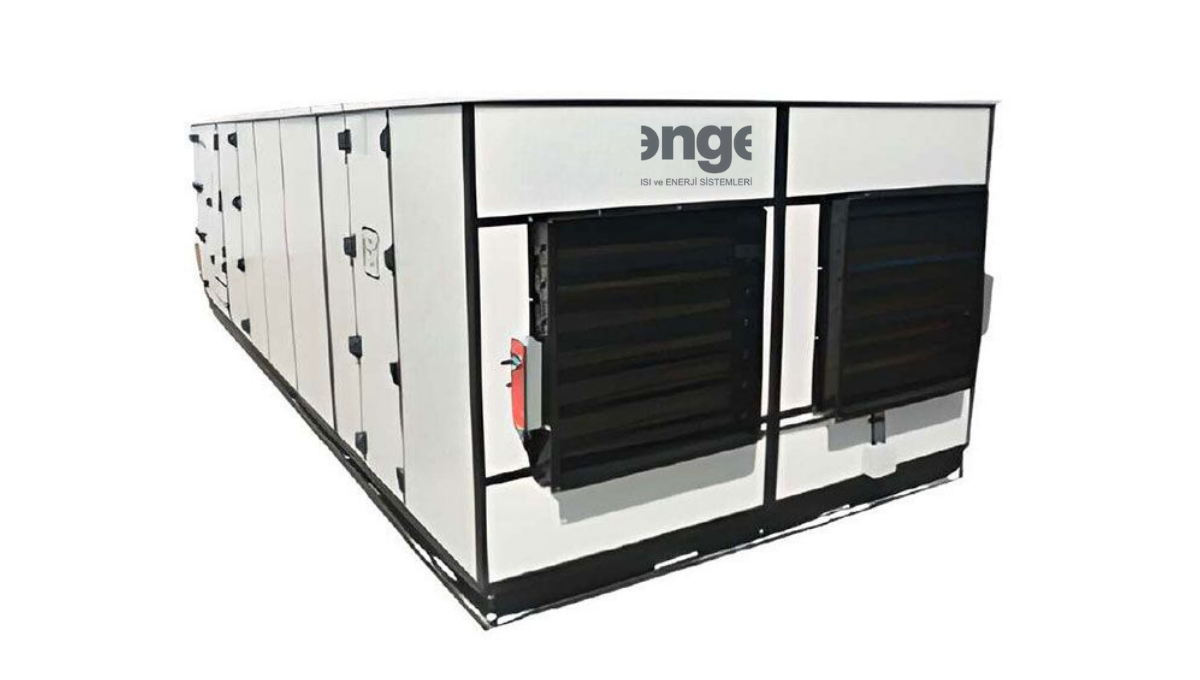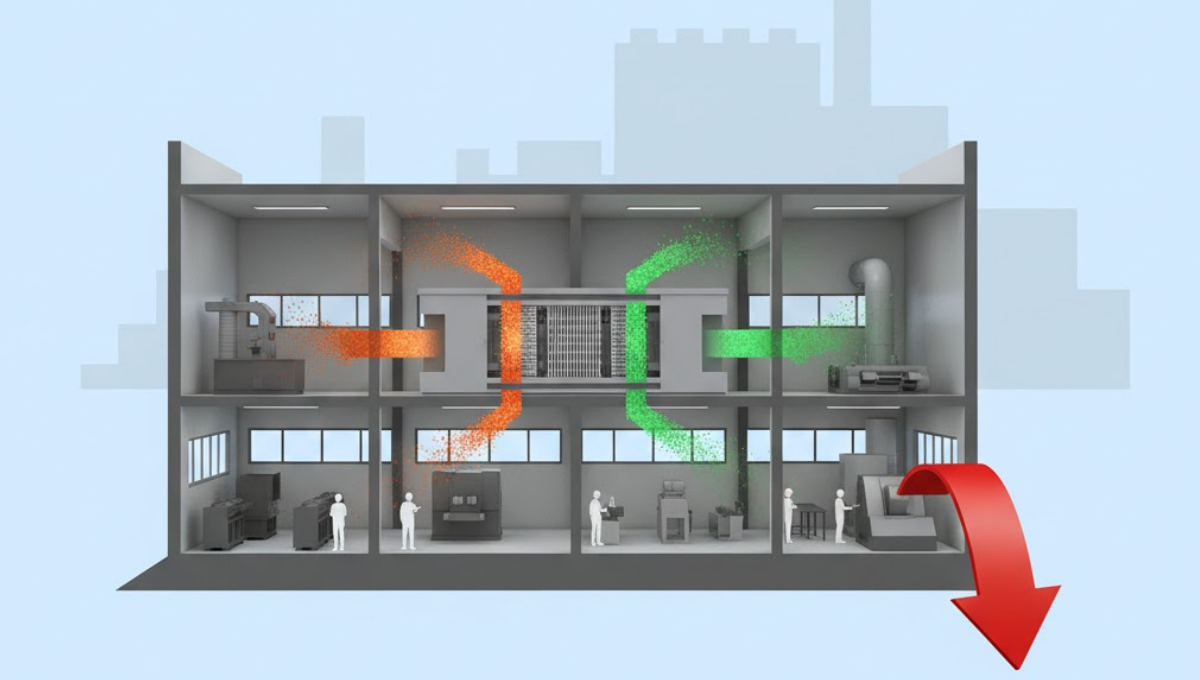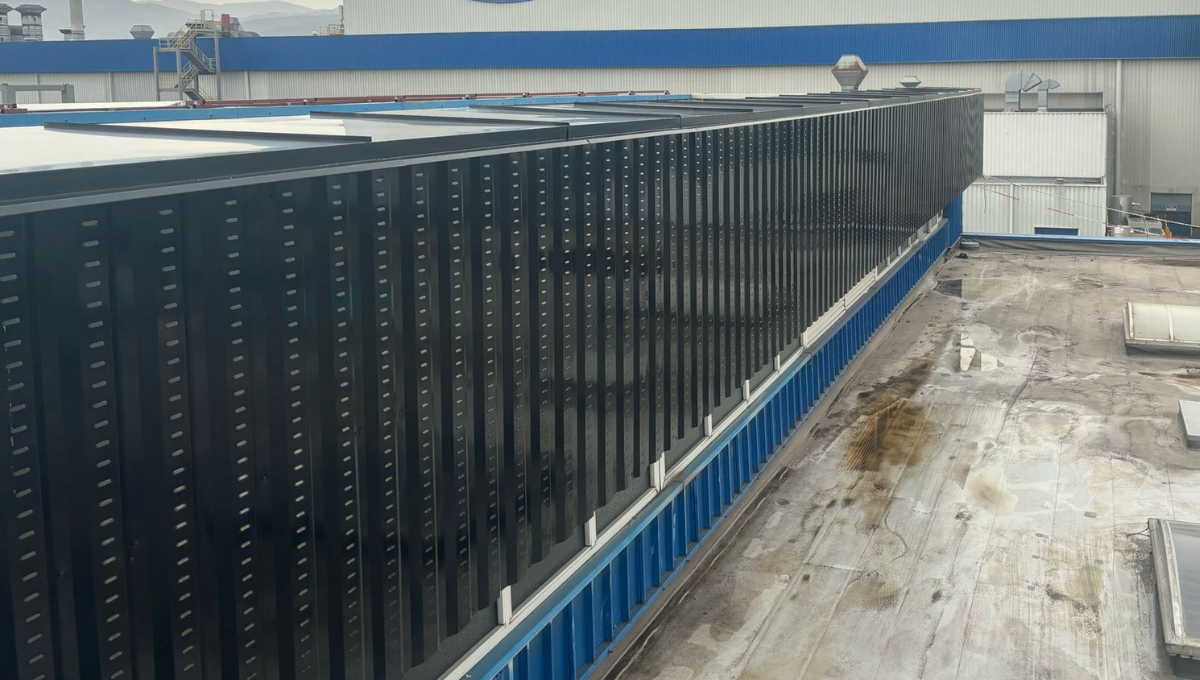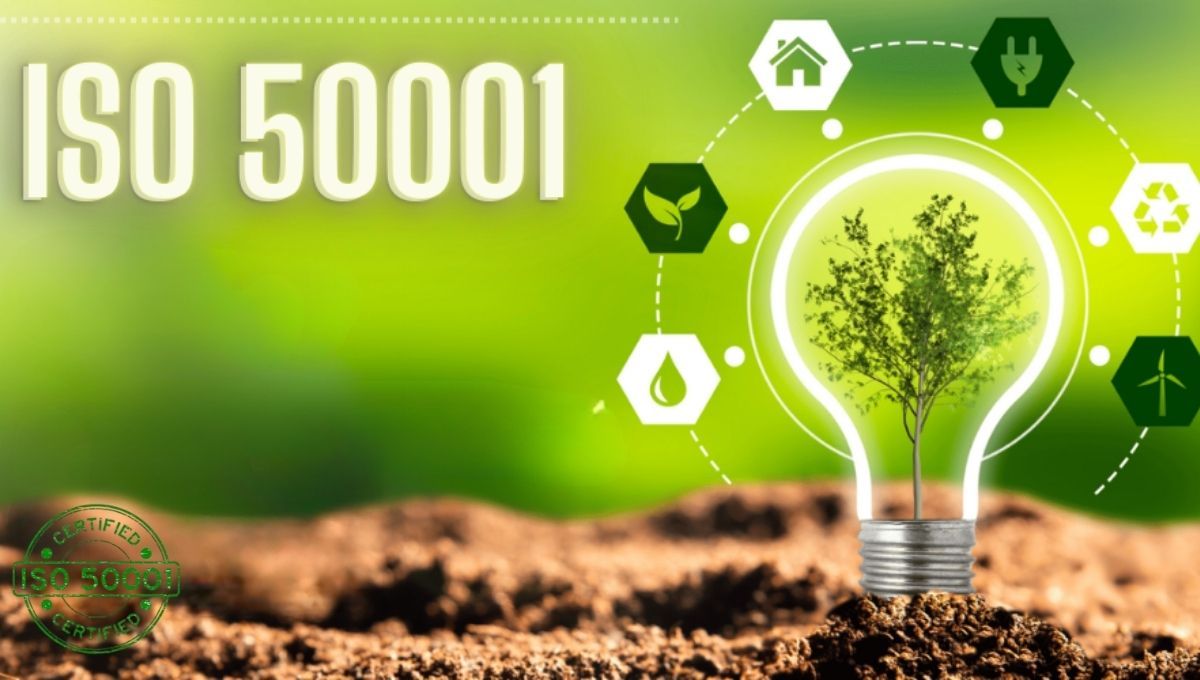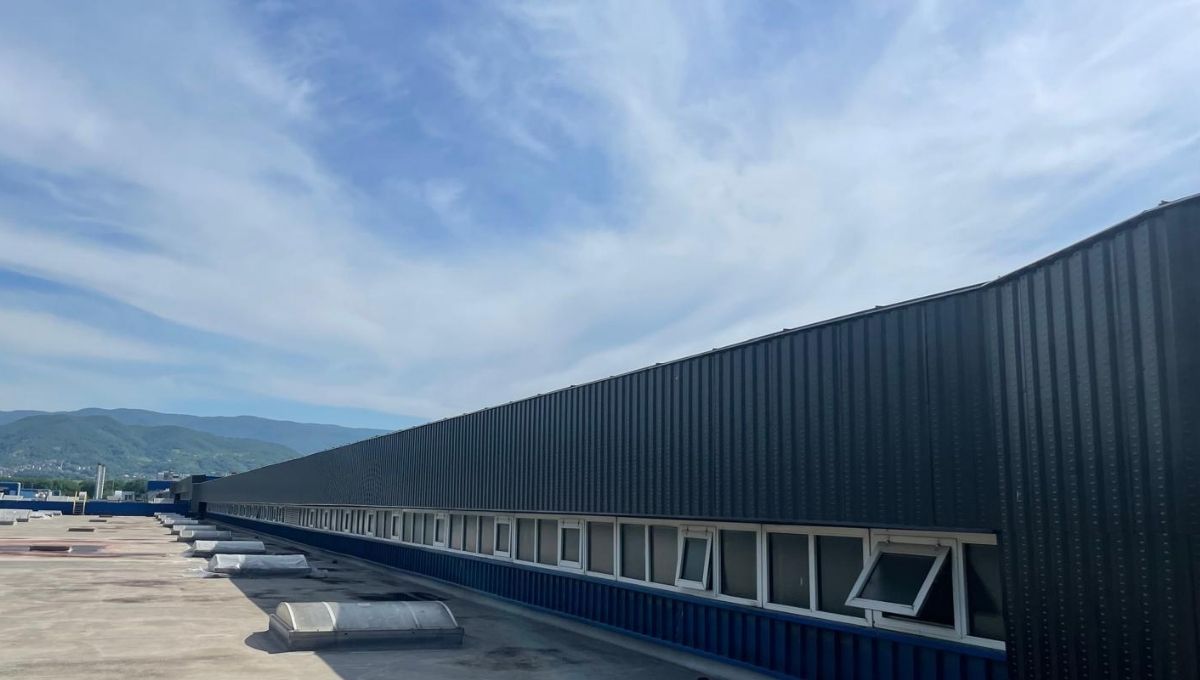
What is the European Green Deal and What Does It Bring?
The European Green Deal is a comprehensive strategy set by the European Union (EU) with the goal of achieving net-zero carbon emissions by 2050. This agreement was created to combat climate change, ensure environmental sustainability, and accelerate the transition to a green economy.
The European Green Deal foresees major transformations in energy, industry, agriculture, transportation, and construction sectors, and it directly concerns both EU member states and global markets.
In this article, we will examine the key elements of the European Green Deal, the opportunities it offers, and how Enge Energy’s renewable energy solutions can contribute to this process.
What is the European Green Deal?
The European Green Deal is a comprehensive roadmap designed to make Europe the first climate-neutral continent. Announced by the European Commission in 2019, its main goals include:
- Achieving net-zero carbon emissions by 2050,
- Reducing carbon emissions by at least 55% between 2023–2030,
- Ensuring more efficient use of resources through a circular economy model,
- Increasing renewable energy investments to reduce dependence on fossil fuels,
- Promoting sustainable production in industry and agriculture,
- Enhancing energy efficiency to ensure economic and environmental sustainability.
Within this framework, significant changes and new regulations have been introduced for all sectors operating in Europe or engaged in trade with the EU.
Key Changes and Obligations Brought by the European Green Deal
The European Green Deal aims to create an eco-friendly and sustainable economy through sectoral transformation. Its main changes include:
1. Carbon Border Adjustment Mechanism (CBAM)
The EU has introduced a new system called the Carbon Border Adjustment Mechanism (CBAM) to measure the carbon footprint of imported goods.
- Products with high carbon emissions will face additional taxation.
- Countries trading with Europe will be forced to reduce carbon emissions in their production processes.
- Companies reliant on fossil-fuel-based production will have to invest in green transformation to remain competitive in the EU market.
This makes the transition to renewable energy systems that reduce carbon emissions essential.
Enge Energy’s solar-supported industrial drying systems and solar heat pumps help businesses lower emissions and comply with the Green Deal.
2. Renewable Energy and Energy Efficiency
The EU encourages the shift to renewable energy to reduce dependence on fossil fuels.
- The use of renewable energy sources will rapidly increase between 2023–2030.
- Energy efficiency in buildings and industrial facilities will become mandatory.
- Companies reducing fossil fuel use will benefit from incentives.
In this context, Enge Energy’s ENGESOLARBOX® increases building energy efficiency and contributes to green transformation.
3. Green and Circular Economy Model
The Green Deal supports the circular economy, which encourages sustainable production processes and reduces waste generation.
- Industrial facilities will be required to use recyclable and eco-friendly materials.
- Energy-intensive production processes will be supported by renewable energy systems.
- Waste and carbon emissions will be minimized while developing efficient production models.
Here, Enge Energy’s Industrial Solar Energy Solutions help factories meet their energy needs from clean sources.
4. Clean and Sustainable Transportation
The transportation sector plays a major role in the EU’s carbon reduction targets.
- The use of electric and hybrid vehicles will be promoted.
- Regulations will be introduced to move away from fossil-fuel-powered vehicles.
- Green transportation solutions will be developed.
In this regard, Solar-Powered Electric Vehicle Charging Stations contribute to the EU’s goals in sustainable mobility.
Impacts of the European Green Deal on Businesses and Industry
The Green Deal creates major opportunities and new responsibilities for companies trading with EU countries.
Opportunities:
- Companies investing in green transformation will gain a competitive advantage in the EU market.
- Businesses that lower their carbon footprint will receive financial incentives.
- Firms switching to renewable energy will reduce long-term energy costs.
Risks:
- Companies in carbon-intensive sectors will face border carbon taxes when exporting to the EU.
- Businesses that fail to improve energy efficiency may lose competitiveness.
Enge Energy’s renewable energy solutions help businesses comply with the European Green Deal and achieve sustainable production.
The European Green Deal is a major transformation plan to ensure environmental sustainability and combat climate change. It promotes the transition to renewable energy, encourages eco-friendly industrial processes, and makes carbon reduction mandatory.
Enge Energy’s solar energy systems, energy-efficient solutions, and industrial green transformation projects support businesses in adapting to these new regulations. By switching to green energy, you too can take a step toward a future aligned with the European Green Deal.
Similar Content
